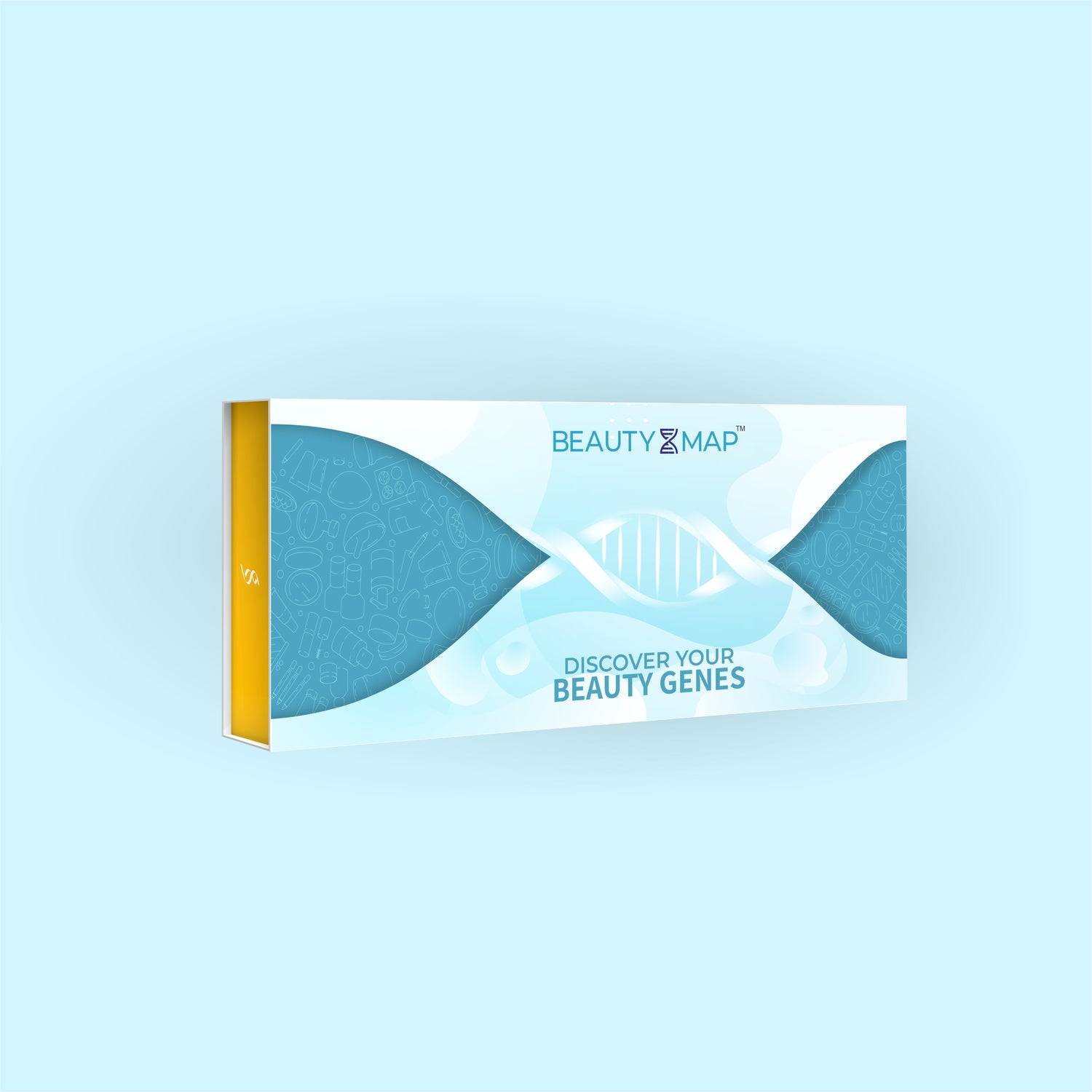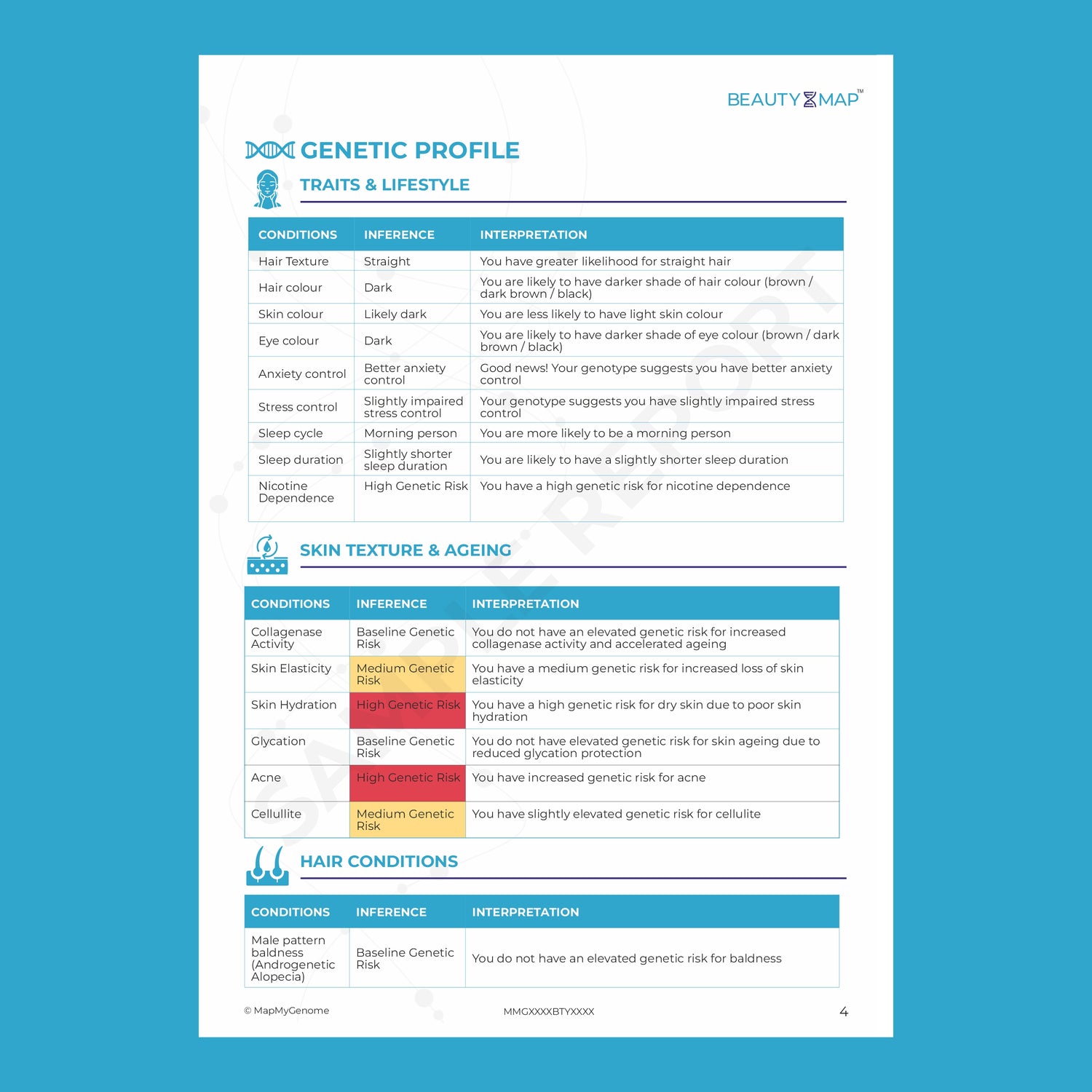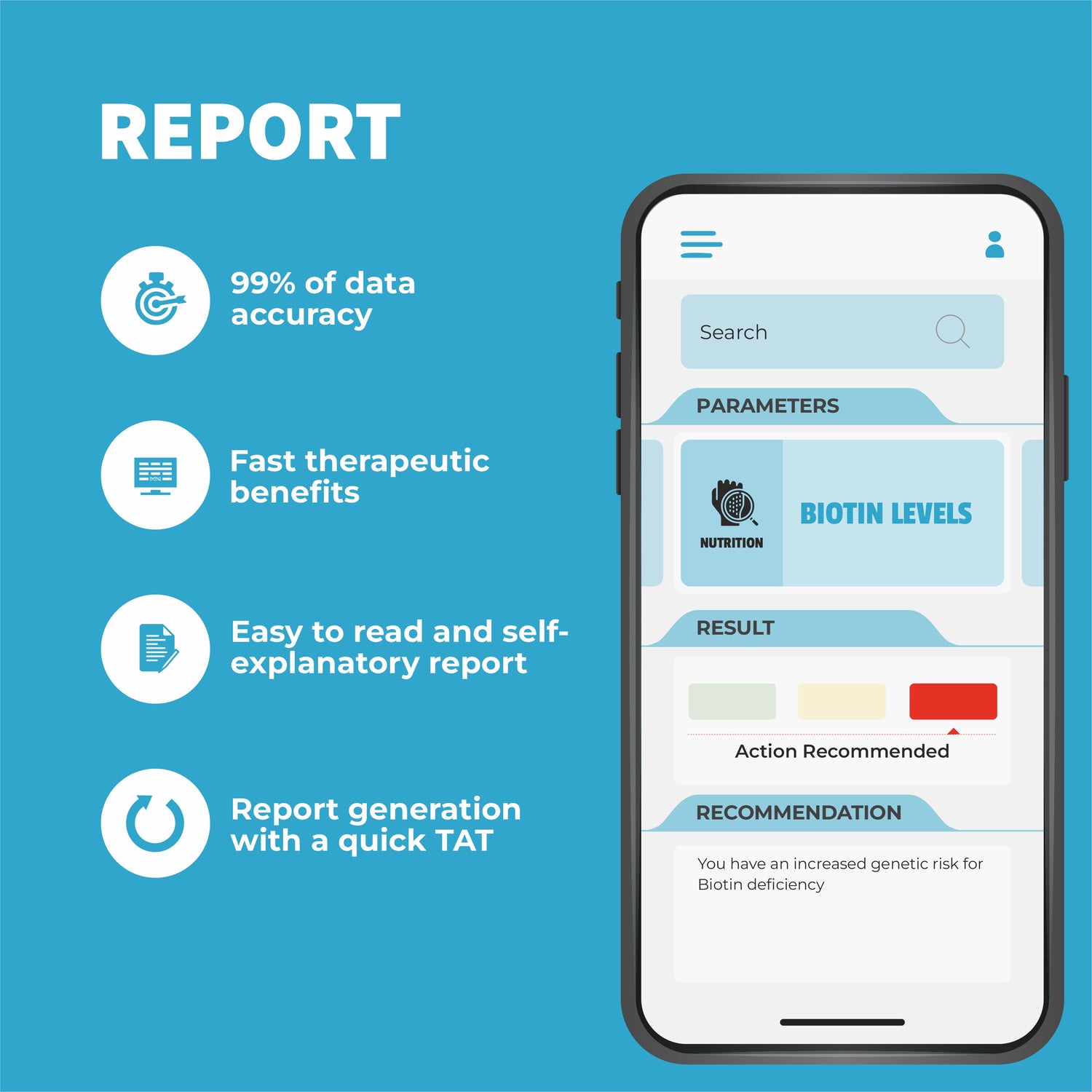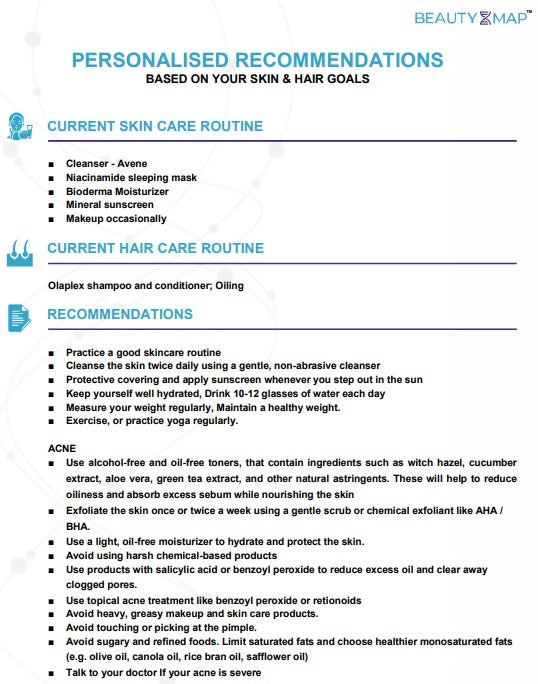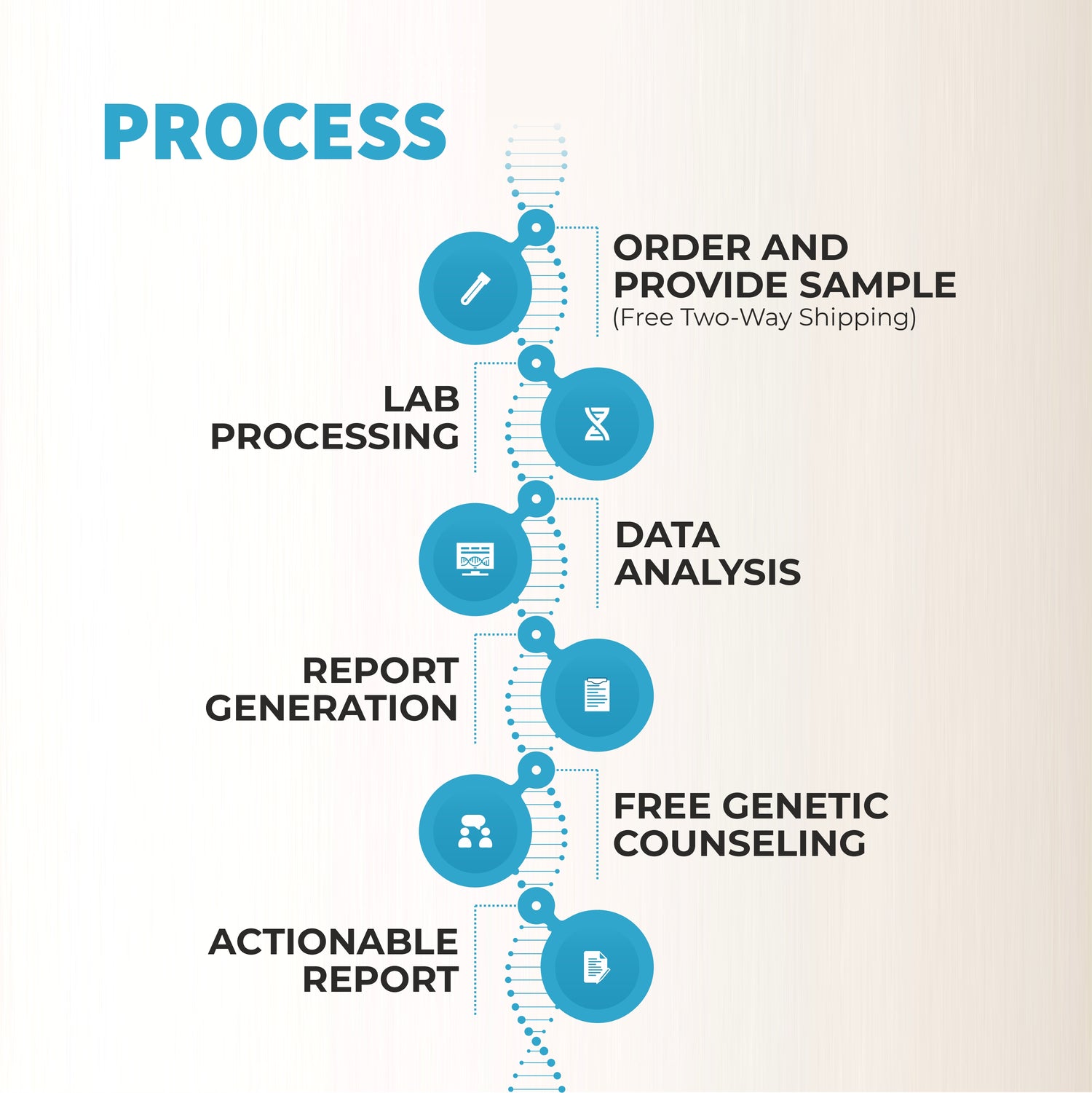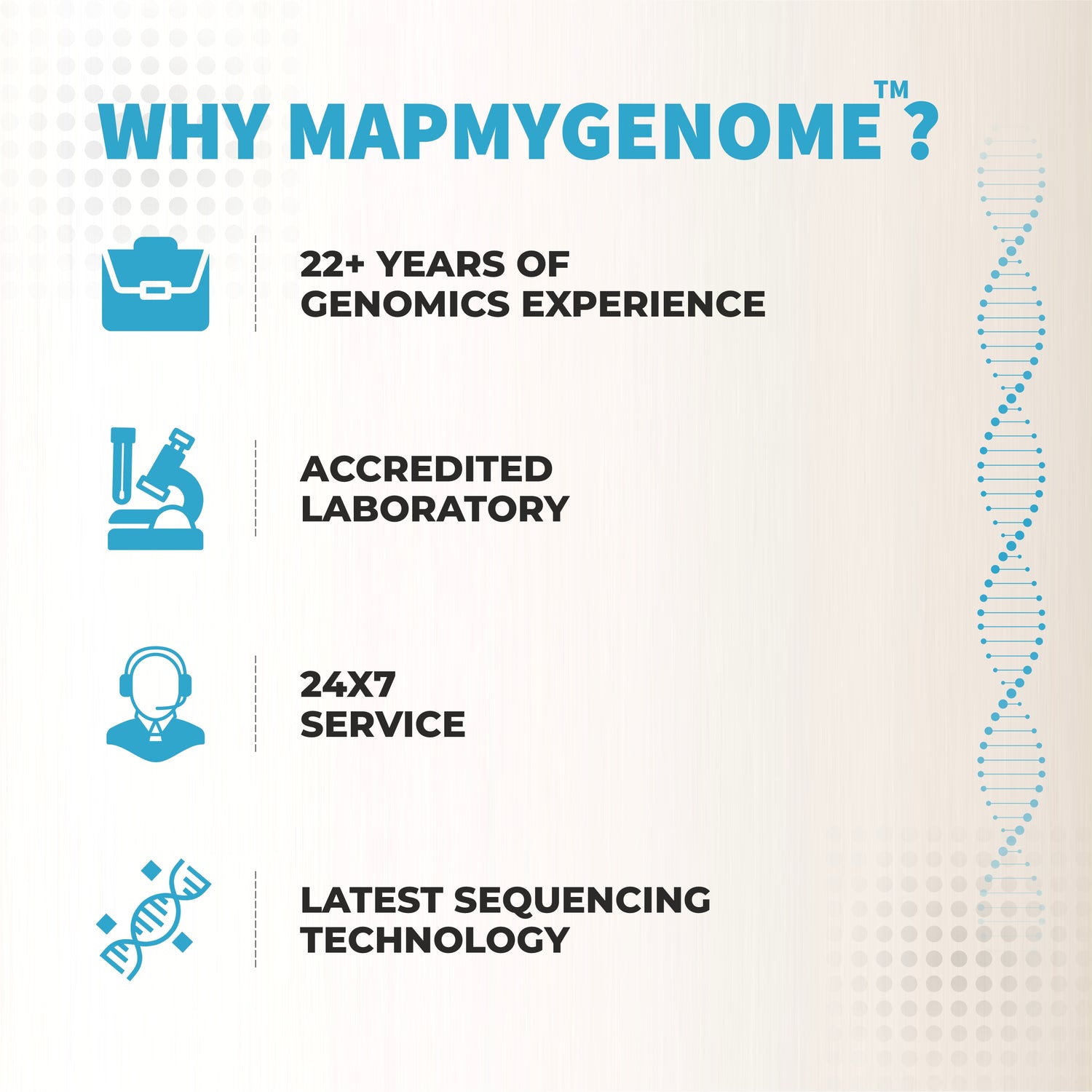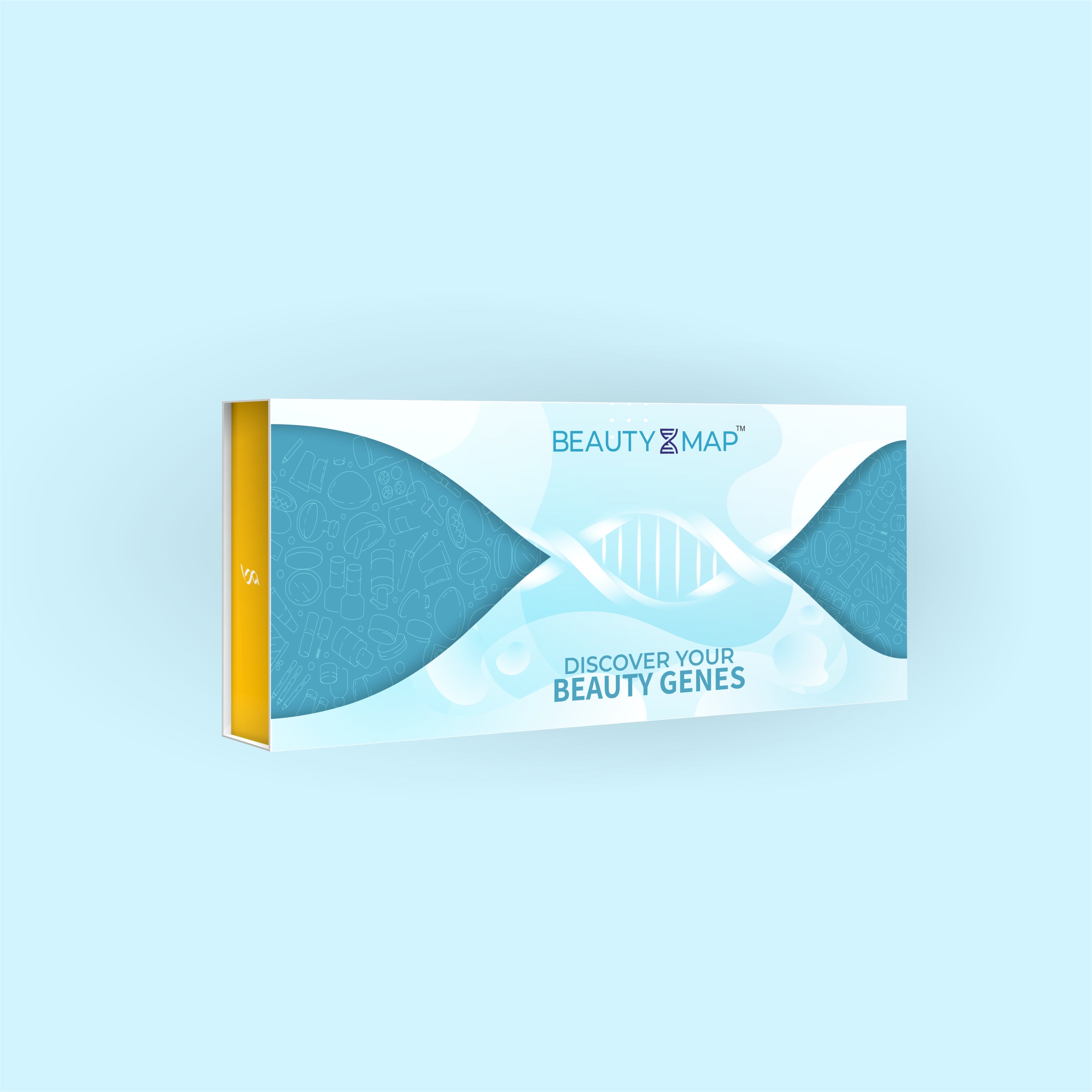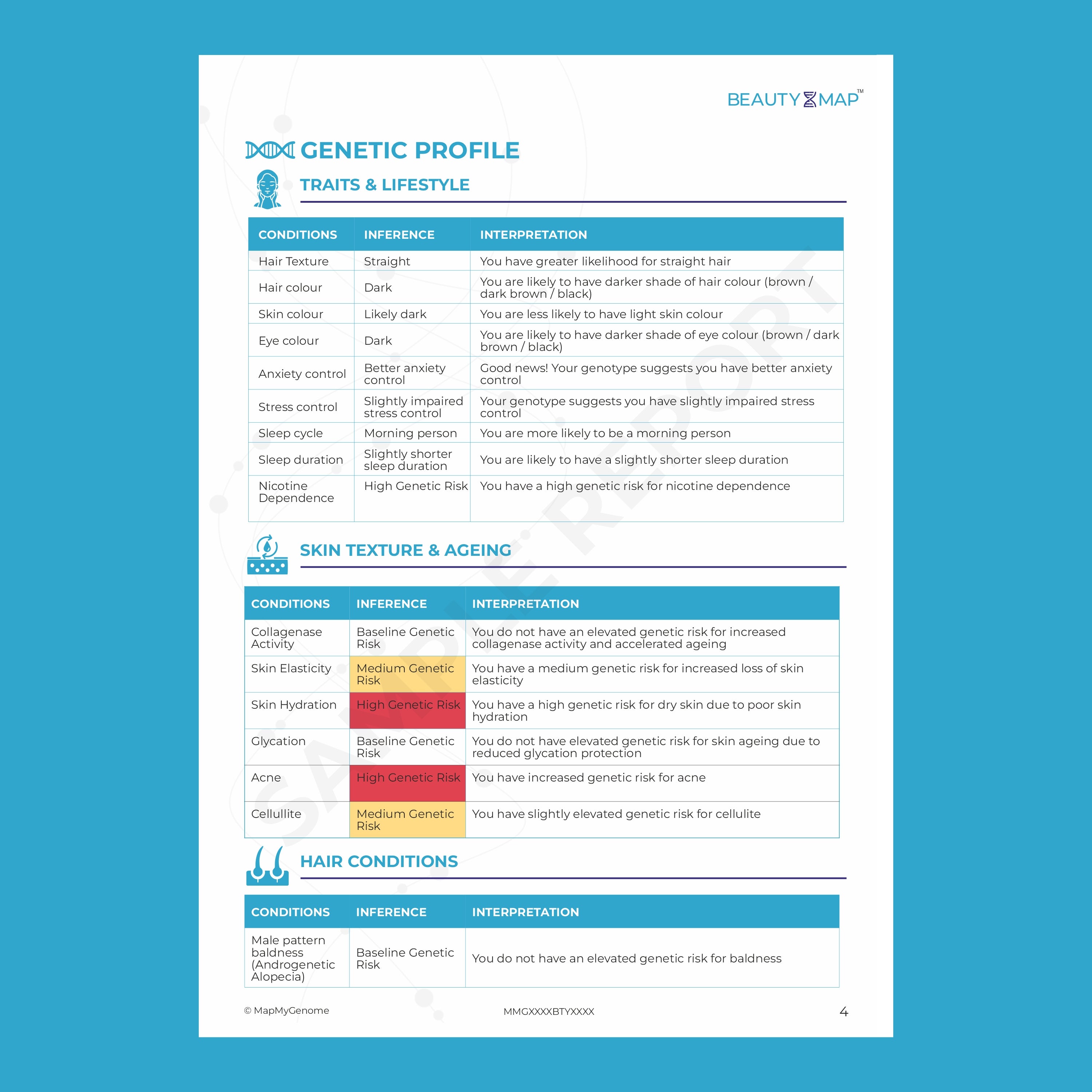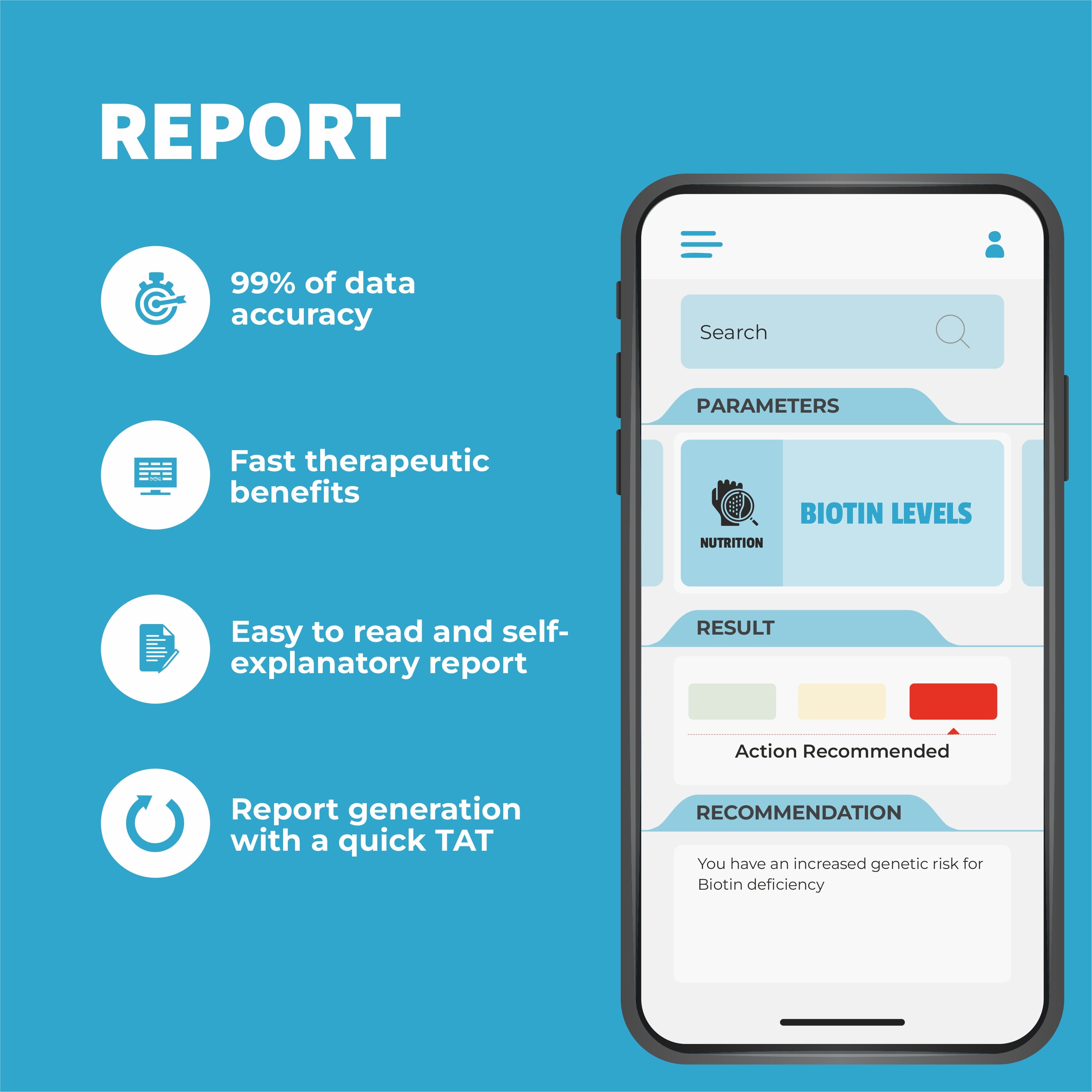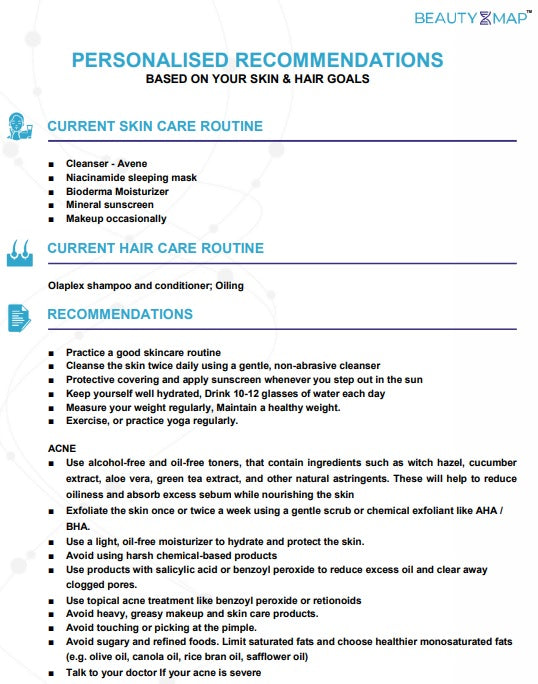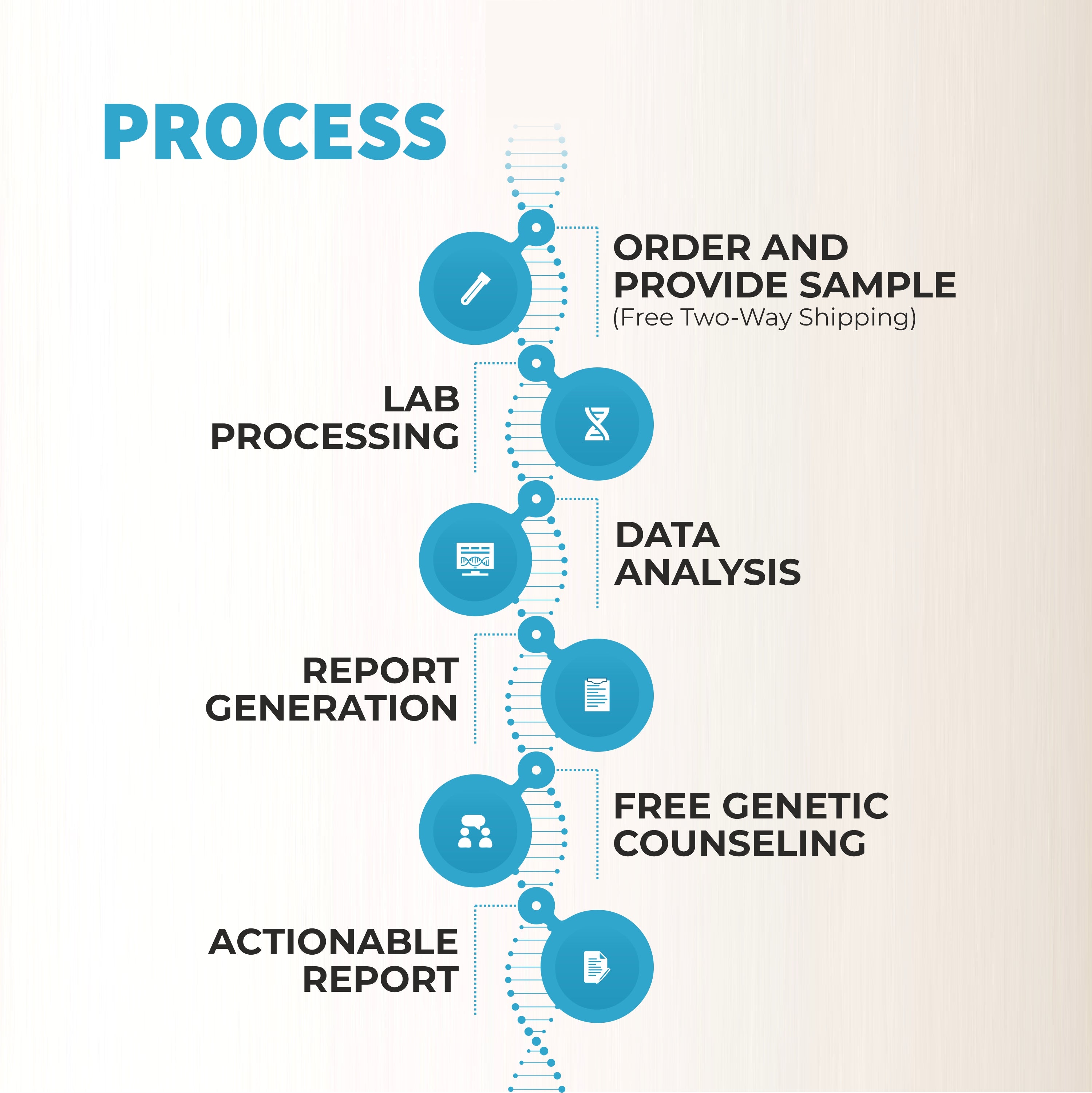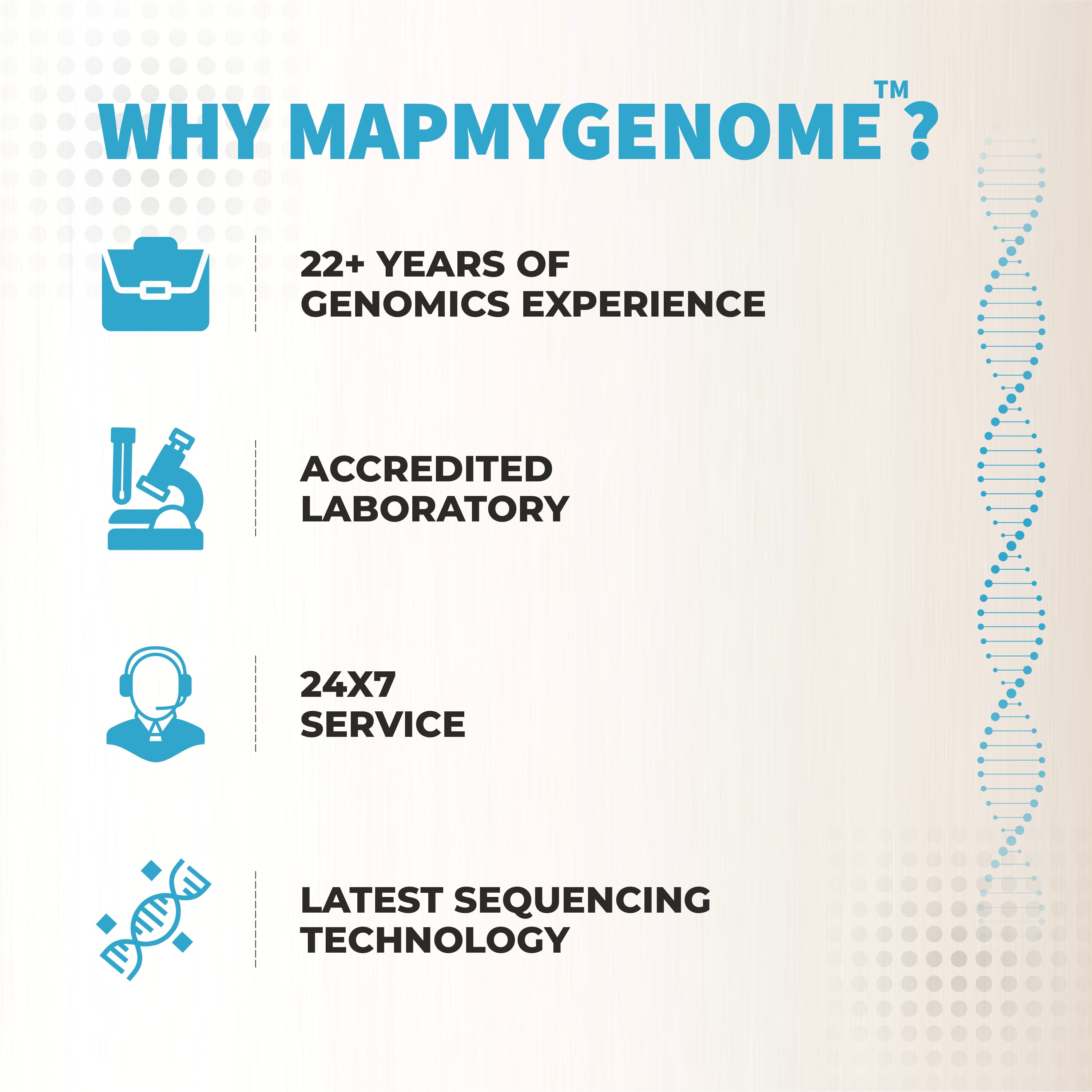Your skin is a reflection of your overall health, and while lifestyle factors such as diet and skincare routines play an important role, genetics are a fundamental factor in determining the quality and characteristics of your skin. Understanding how your DNA affects your skin can empower you to make more informed skincare choices, preventing future issues and optimizing your skin's health.
In this post, we’ll explore the influence of genetics on skin health, the common skin conditions affected by your DNA, and how DNA-based skincare is changing the game.
How Genetics Affects Your Skin
Genetics determine a variety of skin traits, such as skin tone, collagen production, moisture retention, and how your skin ages. Your DNA acts as the blueprint for many of the biological processes that affect your skin, including:
-
Collagen Synthesis: Collagen is the protein responsible for keeping your skin firm and youthful. Variations in certain genes influence collagen production, affecting how quickly your skin shows signs of aging.
-
Skin Pigmentation: Genetic variants in the MC1R gene determine your skin’s ability to produce melanin, which gives skin its color and provides protection against UV rays.
-
Hydration and Elasticity: Genes such as FLG and AQP3 regulate how well your skin retains moisture and its elasticity, determining how prone your skin is to dryness or sagging.
-
Antioxidant Production: Your body’s ability to produce natural antioxidants, like glutathione, is influenced by your genes. This affects how well your skin can fight free radical damage, which can accelerate aging and lead to skin conditions like hyperpigmentation.
-
Inflammation and Sensitivity: Genetic variations can also affect how sensitive your skin is to irritants and how prone you are to inflammation, which can trigger conditions such as acne, rosacea, or eczema.
Common Skin Conditions Influenced by Genetics
Several skin conditions have a strong genetic component. By understanding your genetic predisposition to these issues, you can better manage or prevent them through personalized skincare:
1. Acne
Genetic variations play a role in determining your skin's oil production, how easily your pores become clogged, and how your immune system responds to bacteria. If you have a family history of acne, you're more likely to experience breakouts, but understanding the underlying genetic factors can help you choose more effective treatments.
2. Eczema
Eczema, or atopic dermatitis, is often linked to mutations in the FLG gene, which impacts the skin barrier. People with these mutations have a reduced ability to retain moisture, leading to dry, itchy skin that’s more vulnerable to irritants. DNA testing can reveal these genetic variations and help guide treatment, such as barrier repair creams.
3. Psoriasis
Psoriasis is a chronic autoimmune condition that causes red, scaly patches of skin. It has a strong genetic link, with multiple genes involved, including PSORS1. Genetic testing can identify these markers and help in adopting a targeted treatment plan that may reduce flare-ups.
4. Wrinkles and Aging
If you’re genetically predisposed to lower collagen production or reduced antioxidant defenses, your skin may show signs of aging earlier. Identifying genetic markers related to collagen and elasticity can help you take preventive measures, such as using collagen-boosting serums or antioxidant-rich skincare products.
5. Melanoma and Skin Cancer
Skin cancer, including melanoma, can run in families. Genetic mutations in the CDKN2A and MC1R genes increase your risk of developing melanoma. By understanding your genetic predisposition, you can take proactive steps to protect your skin, such as wearing sunscreen and scheduling regular skin checks with a dermatologist.
The Role of Genetic Testing for Skincare
Genetic testing has made it possible to identify specific genetic markers that influence your skin health. With a simple test, you can uncover insights into how your DNA affects skin aging, sensitivity, hydration, pigmentation, and more. DNA-based skincare is about using this information to tailor your skincare routine to your unique genetic profile.
How It Works:
-
Sample Collection: Most DNA tests require a saliva sample, which is easy to collect at home and send to a lab for analysis.
-
Analysis: The lab analyzes specific genes that influence skin health, looking for variations that can affect collagen production, moisture retention, and sensitivity to environmental factors.
-
Personalized Reports: Based on your genetic data, you'll receive a detailed report that outlines how your skin behaves at the genetic level. This can include information on your risk for conditions like acne or wrinkles, as well as recommendations for skincare products and treatments tailored to your genetic makeup.
-
Tailored Skincare Plan: Armed with this information, you can make more informed choices about which products to use and how to care for your skin. For example, if you’re predisposed to dry skin, you can opt for moisturizing products with ingredients like ceramides or hyaluronic acid. If your genes show sensitivity to UV radiation, wearing a high-SPF sunscreen daily becomes even more critical.
Benefits of DNA-Based Skincare
Personalized skincare, driven by genetic insights, offers several advantages over a one-size-fits-all approach:
-
Targeted Solutions: You’ll know exactly what ingredients your skin needs, allowing you to select products that will address your specific concerns, whether it’s preventing wrinkles or managing acne.
-
Preventive Care: By understanding your genetic predispositions, you can take preventive measures before skin issues become visible. For example, if you’re genetically prone to sun damage, using sun-protective products can help reduce the risk of premature aging or skin cancer.
-
Faster Results: Instead of trying various products through trial and error, a DNA-based approach helps you zero in on solutions that are more likely to work for your skin type and genetic makeup, saving time and money.
-
Long-Term Skin Health: With a personalized skincare plan, you can slow the aging process, reduce the risk of skin conditions, and maintain healthier skin over time.
Who Should Consider DNA-Based Skincare?
Anyone interested in optimizing their skin health can benefit from DNA-based skincare, but it’s especially useful for:
-
Individuals with Chronic Skin Conditions: If you struggle with persistent issues like acne, eczema, or psoriasis, genetic testing can help identify the root cause and suggest more effective treatments.
-
People Concerned About Aging: If you’re looking to minimize wrinkles, improve skin elasticity, or enhance collagen production, genetic insights can guide you toward products and treatments that address these concerns.
-
Those Seeking Personalized Solutions: If you're tired of the one-size-fits-all approach and want a skincare routine tailored specifically to your needs, DNA-based skincare provides customized recommendations based on your unique genetic profile.
Conclusion
Genetics plays a significant role in determining your skin’s health and how it responds to various factors such as aging, environmental damage, and skincare products. By leveraging the power of genetic testing for skincare, you can gain deeper insights into your skin’s unique needs and create a personalized skincare routine that addresses your specific concerns.
With the growing popularity of DNA-based skincare, taking a proactive approach to your skin health has never been easier. Whether you’re looking to prevent signs of aging, manage a chronic skin condition, or simply optimize your skincare regimen, understanding your genetic blueprint is the first step toward healthier, glowing skin.



